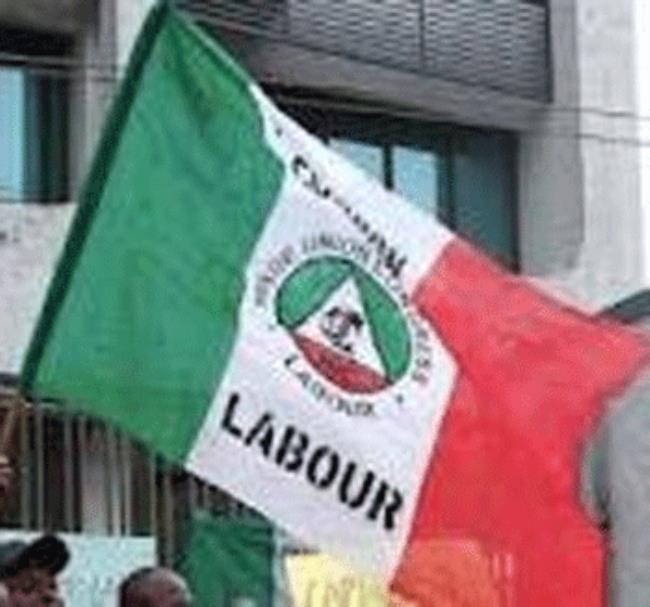COMR. CHARLES ONYEAGBA
Once more, Nigeria is enmeshed in a palaver over a National Minimum Wage. A Minimum Wage is a legally set minimum amount below which an employer of labour will not pay his employee. It is usually a product of negotiation by a tripartite committee of government, other employers and workers representatives.
On the other hand, it is yet to be clearly known who, when and how the huge salaries and other benefits enjoyed by the ‘other workers’ of the same Governments, such as the politicians, are fixed. And while that of the workers usually involves a protracted, rancorous, disputation, often in the public domain, that of the politicians is usually conjectured and rarely published.
By far, the most successful wage review in the country since Independence was the Jerome Udoji Salary and Wages Review Commission, which produced the Udoji Unified Salary Scales (USS) or the Udoji Awards of 1974. It was very comprehensive, and, compared to subsequent Wage Reviews, was epochal and well thought through. It made provisions for periodic reviews, adjustments for inflation and recognized wages as inalienable compensation, a fruit of labour and an equitable share of profits of Companies.
Further attempts to review salaries and fix a new national minimum wage became largely academic and unsuccessful. The reasons were not far to seek. State creation exercises carried out by the military were shortsighted and atavistic. It sought to achieve parity between regions or punish people without due consideration to viability or consequences as varied interests sought to carve out petty enclaves in which to exercise local sovereignty and as a footstool to the national cake. Mismanagement and misappropriation of common resources led to the emergence of a new class of the super rich, who, either became politicians or funded politics, thereafter began to dictate the tune to everybody that mattered.
These gave rise to the entrenchment of godfatherism and, as the gap between the Haves and Have-nots widened, it became easier to exploit the poor, who became ready tools in the hands of the rich. Citizens, including workers, accepted pittance to keep body and soul together. Meanwhile, following return to ‘Democracy’, the nouveau riche acquired and clung to political power by hook and crook and ensured inequitable distribution of resources, horizontally or laterally.
Finding themselves as the new helmsmen in power, and bothered by the strident demands of Labour, which was turning into an opposition party of sorts, they metamorphosed into a clique. They went ahead to muscle all opposition beginning with attempts to break the ranks of Labour. Labour was split into ‘senior and junior’ under President Olusegun Obasanjo. Police permits were demanded for protest marches, irrespective of the same Freedom to Assemble. No work, no pay threats, even Court injunctions, manifested.
As these went on in vain attempts to deny the workers a minimum, not even a living wage, they proceeded to award themselves jumbo salaries and perquisites of office which defied all logic and which none dared to question. It became their unwritten code to self-appropriate millions of naira at the National Assembly per month and pittance, eighteen thousand naira per month to the workforce.
They kept doing this without qualms despite their serial mismanagement of the economy. They had immuned themselves from inflationary pressures, while most ensured that even if they were eventually prosecuted, they had resources to frustrate any such move ad infinitum until it atrophied with time.
Politics ensured that salary reviews came to nothing; that the senior citizens pension reviews and adjustments are not attended to. They talk about inability to pay the workforce, past and present, when they ensure that the polity had ability to fund their extravagance bloated, badly executed contracts, constituency allowances, oversight functions, paddings etcetera.
Lately, they have created a third Labour Centre, hoping somehow that the contention that led to its emergence may split Labour. But Solidarity, which makes Labour strong, has instead fortified it with the Civil Society component during its just struggles.
However, the workforce may soon lose faith with their Leadership, who now appear to be all bombast and seem to be playing games with their demands. The lifestyles of many labour leaders tend to confirm that the politicization, has come full circle as was predicted by a politician in 2007 when he claimed that he had found an antidote to the menace of Labour. He demonstrated this by refusing to implement the subsisting minimum wage as legislated. For an icing on the cake, Labour gave him an award then.





Comments are closed for this post.